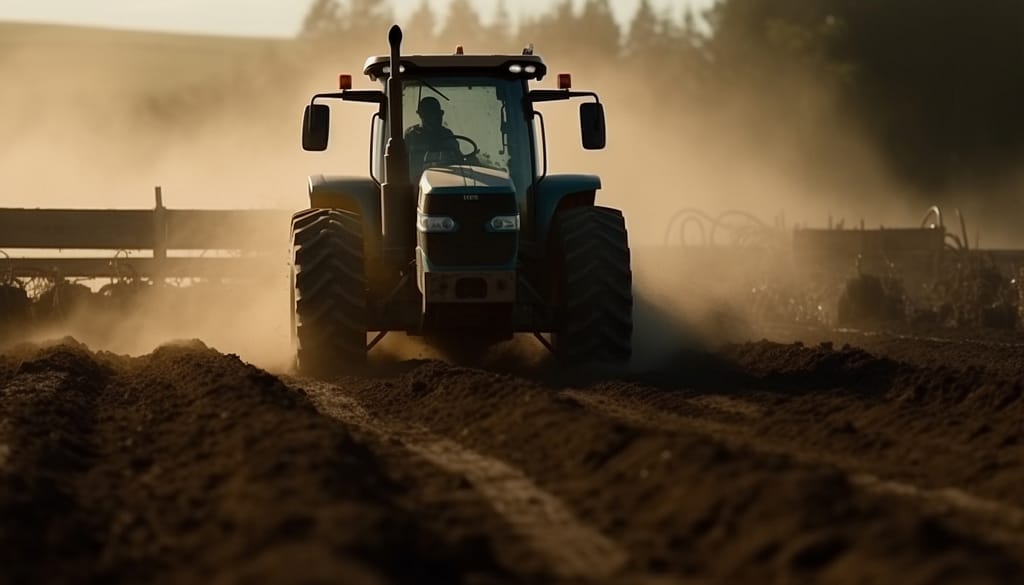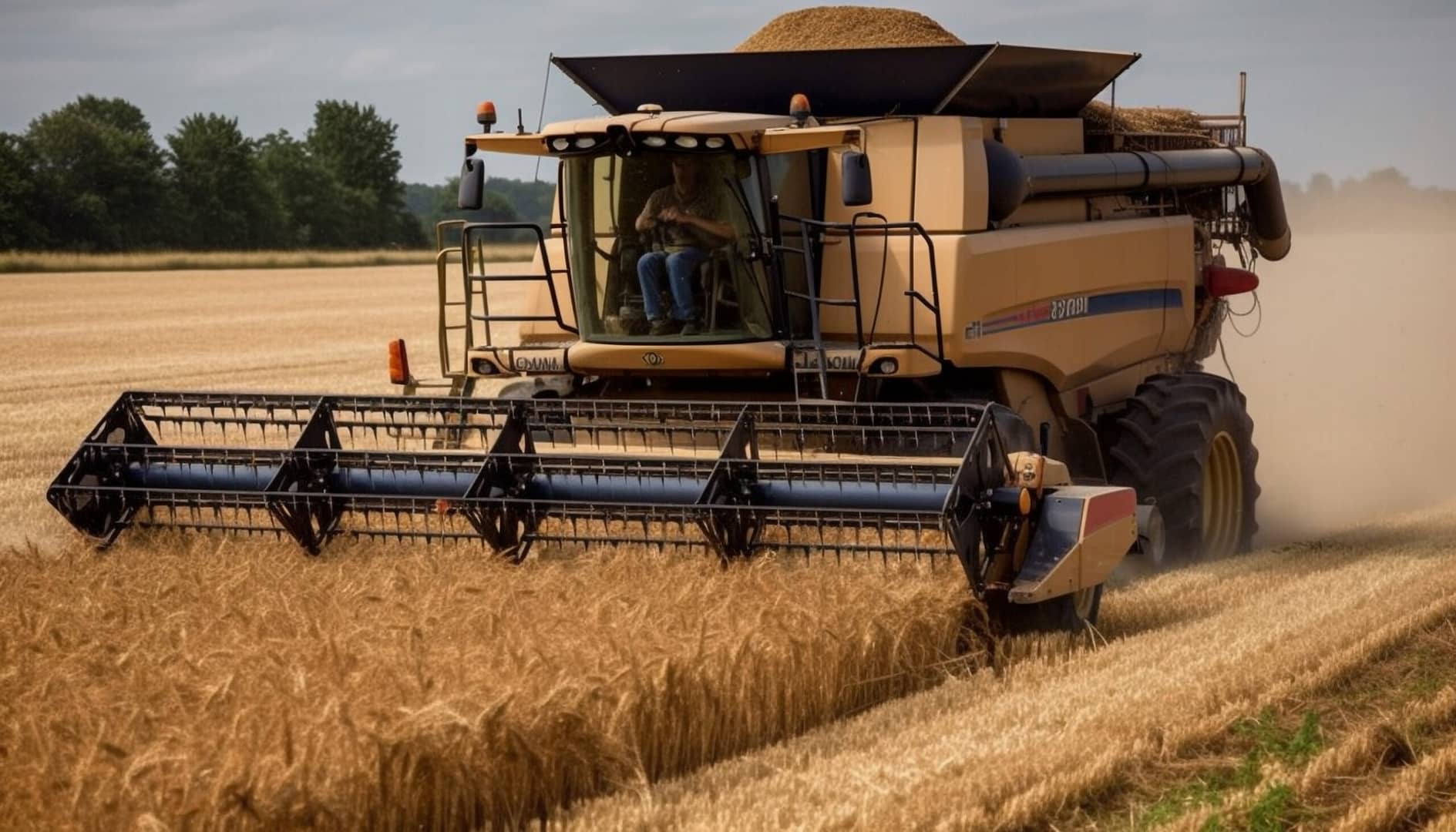
Introduction:
Conventional farming has long been the backbone of global agricultural practices, serving as a reliable source of food production for centuries. However, a persistent debate surrounds the question of does conventional farming require skill?. On one hand, proponents argue that mastering the intricacies of conventional farming demands a diverse set of skills and expertise. On the other hand, skeptics contend that modern advancements and mechanization have diminished the need for manual labor and traditional farming knowledge. In this blog post, we will delve into the topic of whether conventional farming requires skill, exploring the various perspectives and shedding light on the evolving nature of this age-old practice.
Table of Contents
I. Overview of Conventional Farming:
Conventional farming refers to the predominant method of agriculture that relies on traditional techniques and practices. It involves the use of chemical fertilizers, pesticides, and machinery to maximize crop yields. Conventional farmers cultivate large expanses of land, often employing monoculture approaches to meet the ever-growing global food demands. This method has become the norm in the agricultural industry due to its ability to achieve high productivity levels.

II. The Perception of Skill in Conventional Farming:
The perception of skill requirement in conventional farming is subjective and varies among individuals. Proponents argue that mastering conventional farming necessitates a range of skills. For instance, operating complex machinery and equipment demands technical knowledge and expertise. Understanding crop cycles, soil management, and pest control techniques are vital for optimizing yields. Moreover, decision-making skills play a crucial role in adapting to changing weather conditions and market dynamics.

However, skeptics challenge the notion that conventional farming requires substantial skill. They argue that mechanization and automation have reduced the manual labor involved in farming. Modern advancements, such as GPS-guided machinery, drones, and irrigation systems, have streamlined processes, potentially minimizing the need for human intervention. Additionally, critics claim that experience and intuition may often be more valuable than acquired skill in traditional farming practices.

III. The Evolving Nature of Conventional Farming:
Conventional farming has not remained stagnant in the face of technological progress. The agricultural industry has witnessed significant advancements that reshape farming practices. Precision agriculture, which leverages data analytics, remote sensing, and artificial intelligence, has gained prominence. These innovations allow farmers to monitor crop health, optimize resource utilization, and make data-driven decisions. As a result, the skill requirements in conventional farming are undergoing a transformation, emphasizing the ability to interpret and utilize advanced technology.

IV. The Role of Education and Training:
Education and training play a vital role in acquiring the necessary skills for conventional farming. Agricultural education programs and certifications offer aspiring farmers opportunities to learn the fundamentals of farming practices. These programs cover various aspects, including soil science, crop management, pest control, and machinery operation. Continuous learning and staying updated with new farming practices are essential for adapting to evolving challenges and embracing innovative techniques.

V. Sustainable Farming Practices:
The global shift towards sustainable farming practices introduces new skills and considerations for conventional farmers. With increasing concerns about environmental impact and long-term sustainability, the need for skills related to soil conservation, organic farming, and integrated pest management is growing. Conventional farmers can leverage their existing skill set and experience to transition towards more sustainable and environmentally friendly practices.

Conclusion:
In the discourse surrounding conventional farming and its skill requirements, there are valid arguments on both sides. While conventional farming undoubtedly demands technical knowledge, decision-making skills, and experience, the impact of technological advancements and the evolving nature of the industry cannot be ignored. As we embrace sustainable farming practices and cutting-edge technologies, the skill requirements in conventional farming are continually evolving. It is crucial for farmers to adapt, learn, and stay abreast of new developments to meet the challenges of the modern agricultural landscape. Ultimately, the future of conventional farming lies in striking a balance between traditional wisdom and the incorporation of innovative techniques for a more sustainable and productive future.
